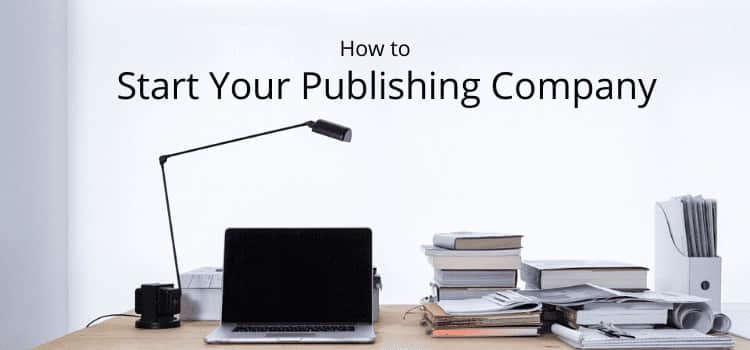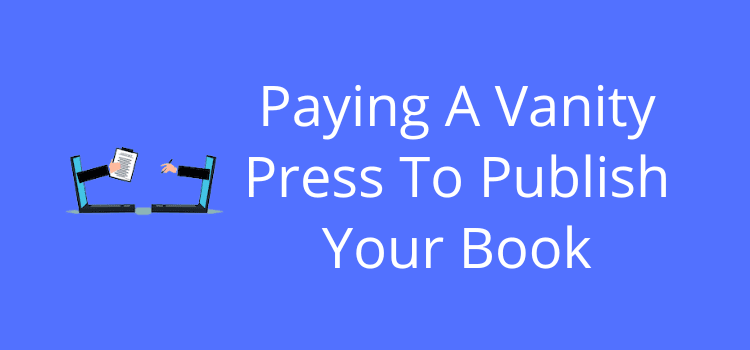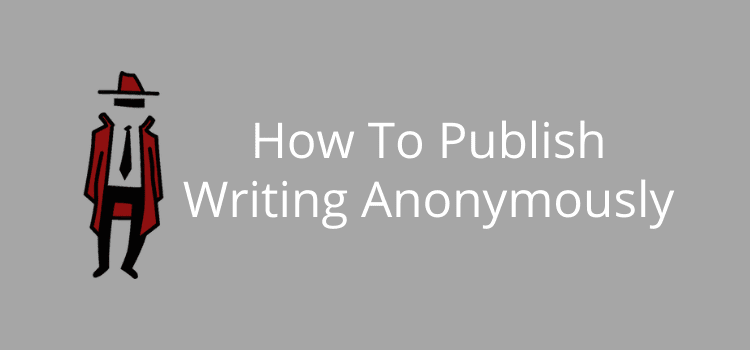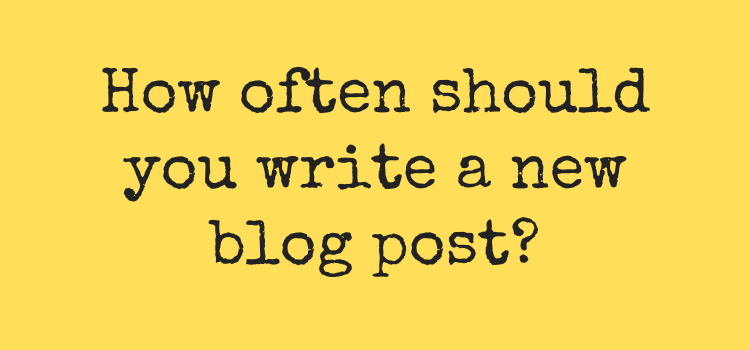
There are many reasons why you might want to start a publishing company.
If you have a passion for writing, books, and readers, it could be a business opportunity for you in the book market.
While traditional publishers naturally dominate, there are niche areas of the market where independent publishers can succeed.
The key to a successful publishing business is in selecting your niche.
Find your niche genre
A niche is a small portion of a special or unique market.
If you want to start a publishing company, you will need to identify a specific area of the market where you think you can succeed.
You should choose one you are familiar with because it will help you relate to readers and precisely understand what they want.
You should answer the following four questions when considering a niche.
1. How many books are published in your potential niche?
2. Is there enough demand for a new publishing company?
3. What can you do that is different to help you stand out from the rest?
4. What types of books are popular with the readers of this genre or subgenre?
Think about your answers to these four questions.
They will help you identify the feasibility of publishing in your preferred niche.
Be selective
You might think about publishing medieval fantasy novels.
But because of the popularity of that genre, your small publishing house may have difficulty winning over new readers without the marketing power of more established publishers.
On the other hand, historical Viking romance might be too specific, so there may be no interest.
You have to think about market saturation and popularity and how you can stand out in your niche.
Once you can identify your target market niche and the focus for your publishing company, you’re ready for the next step.
Legal and financial
One important first step.
Before starting any business, you need sound legal and financial advice about your business structure.
But these obligations differ from country to country.
You should check with a local lawyer and accountant before you do anything else.
You will need to create a legal entity for your new business.
The choices are usually between setting up a new limited liability company or operating as a sole proprietorship.
You will also need to ensure that you can adequately finance your business start-up with either cash or personal assets.
Like most new small businesses, you need to start a publishing company on a sound legal and financial footing to avoid problems down the line.
Your business plan

Will you publish books that you write, or do you want to publish other authors?
Writing and publishing your titles only is a relatively simple business model.
As a publisher, it is an excellent way to give your titles more credibility and help improve your social proof.
But if you are considering attracting and creating a stable of published authors, you must ensure you can finance the production costs and pay authors for book sales.
You will also have to plan on purchasing ISBNs (International Standard Book Numbers) for all the titles you publish.
Another consideration is whether you will publish in print books only or also in ebook format. Ebook publishing is relatively easy.
But for print books, you need to decide how to produce your books. You can use print on demand, which is quite cheap. But offset printing is of much higher quality but far more expensive.
At the same time, you should also plan your distribution channels.
Do you want to use Amazon and other online retailers? Or do you want to have your books available in local bookstores?
As with any new business, a good business plan is always the best way to find your strengths, weaknesses, and opportunities.
There are many aspects to starting a new publishing business, so you need to do careful research.
Develop your skills

If you are serious about starting a publishing company and making a profit, you have to be realistic about your financial capacity.
Unless you are fortunate enough to have a good line of credit or cash reserves, you’re probably not going to have a lot of money to spend in the early stages.
If you can break even, you will be doing well.
The best way to minimize your costs is by doing as much as you can yourself.
You could take a course in Photoshop and develop your skills in book cover design.
Learn how to use WordPress so you can take control of your website, online marketing, and social media management.
You should also make sure you understand basic intellectual property laws and how to complete ISBN registration.
If you can do some editing and proofreading, it will help you reduce your costs.
You can’t do everything, and you will need to pay for some services.
But the more you can do, the less money you will need to outlay.
There is so much information and knowledge at your fingertips today on the Internet.
All you need is the time and patience to learn the new skills you need to save money in the short and long term.
You can’t do everything
There will, of course, be some services that you will need to use a specialist.
Interior book formatting, for example, can be challenging for print books.
Book cover designers are not all that expensive, so you might want to outsource this task.
But if you need specific photography or graphic design, it can be costly.
Accurate line editing and copy editing are specialized skills.
While you can do a lot yourself, hiring a competent editor might be a wise move to ensure the quality of your manuscripts.
But whenever you consider paying for help in the early stages of your business, make sure it is cost-effective and professional.
Practical marketing
When you have registered your publishing company, you need to get the word out.
Your first steps will be to design a logo and then publish your website.
One of the most effective ways to gain attention is to write informative blog articles for your website. You can add a blog link to your main menu.
However, it would help if you had a little understanding of search engine optimization (SEO). This will enable Google and Bing to index your posts.
You can also use free press releases, social media campaigns, and email newsletters.
Contact your local newspaper or book club to see if they might be interested in your new venture.
If you have literary festivals in your area, contact them to find out how you can participate.
Your debut title

When you start a publishing company, nobody knows who you are.
How are you going to make readers notice you and your books in today’s publishing world?
Your first title needs to be exciting, unique, and fresh and answer your target market’s passion. It is the best way to make an impact.
It will have to be a book that is relatively easy to produce but still a pleasure to read.
If you choose your niche market well, there could be authors who are very keen to have their work published.
Make sure you have an excellent website for your publishing business.
Then you can add a call for submissions page. But make it clear what types of books you are interested in considering.
Novels can be relatively long and are more challenging to edit and proofread than shorter pieces.
It would be best if you tried to build up your publishing experience before accepting full-length novels.
You might want to consider novellas or short story collections in the early stages.
But what is inside a book isn’t all that matters when it comes to a successful book.
Publishing now is so dependent on social media and digital publishing.
The aesthetics, look, and branding of your titles and your company will be the most powerful ways to promote your identity.
Your titles and cover design choices are as much a priority as the content.
Summary
If you start a publishing company, it would be unrealistic to expect a healthy profit from your first book or even to sell a lot of copies.
Use your first title to establish your brand identity and presence in the market.
Like any new business, it will take you time to gain momentum. The first year especially, is always the most challenging.
But if you are determined and patient, you will find small successes along the way.
Related Reading: How To Start Writing And Publishing For A New Writer
Share This Article



wow as a wannabe author i found this insight guide to slow down and consider my true goals and aspirations asto if I really have the true realities of my desires or is it just a whimsical idea to see my name in print and notoriety have found it to be the second of which my time will be far netter spent with my offsprings and siblings on shared interests for this I am grateful for opening my eyes so thank you!